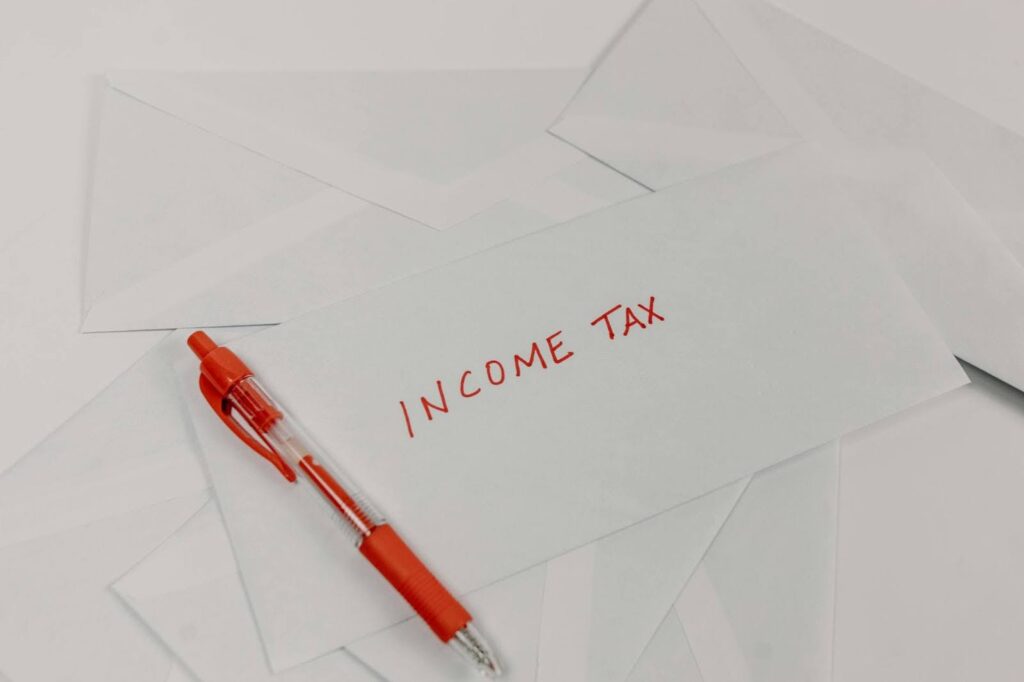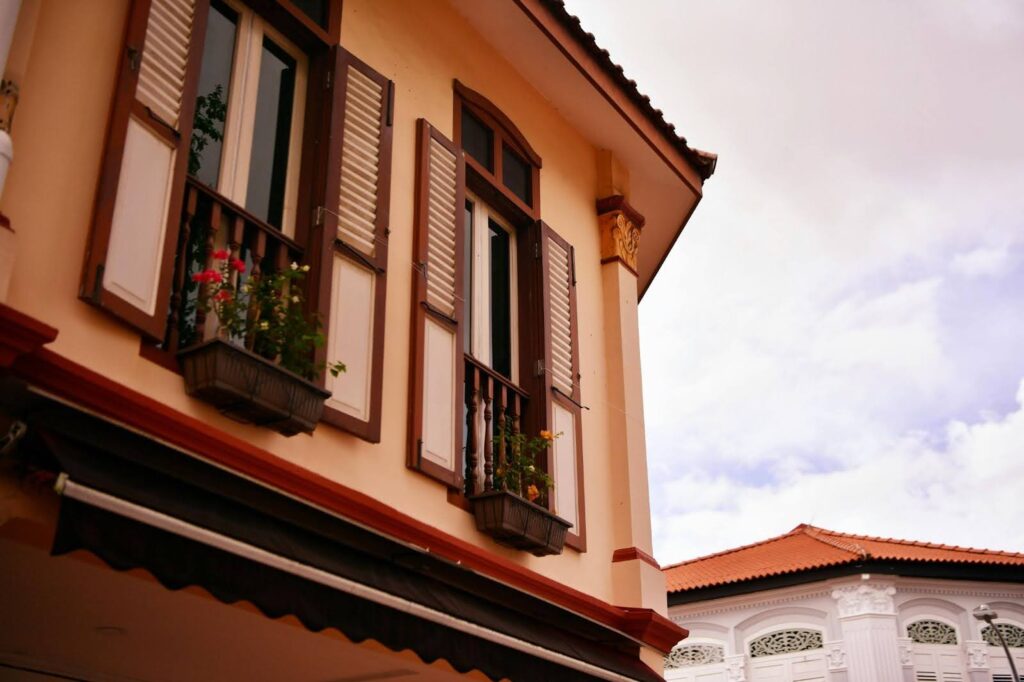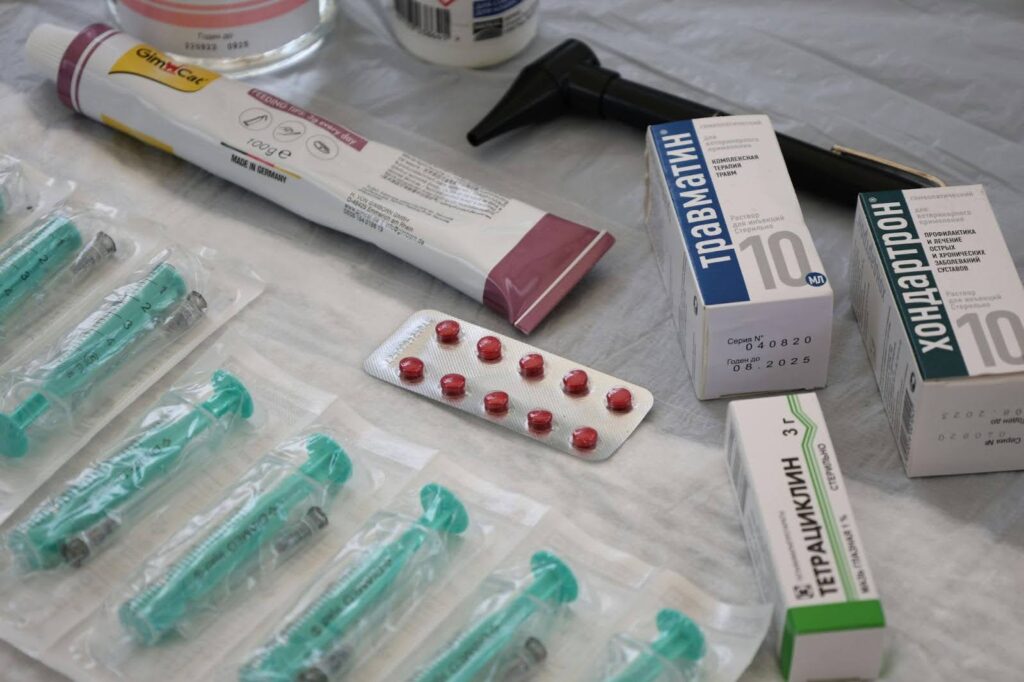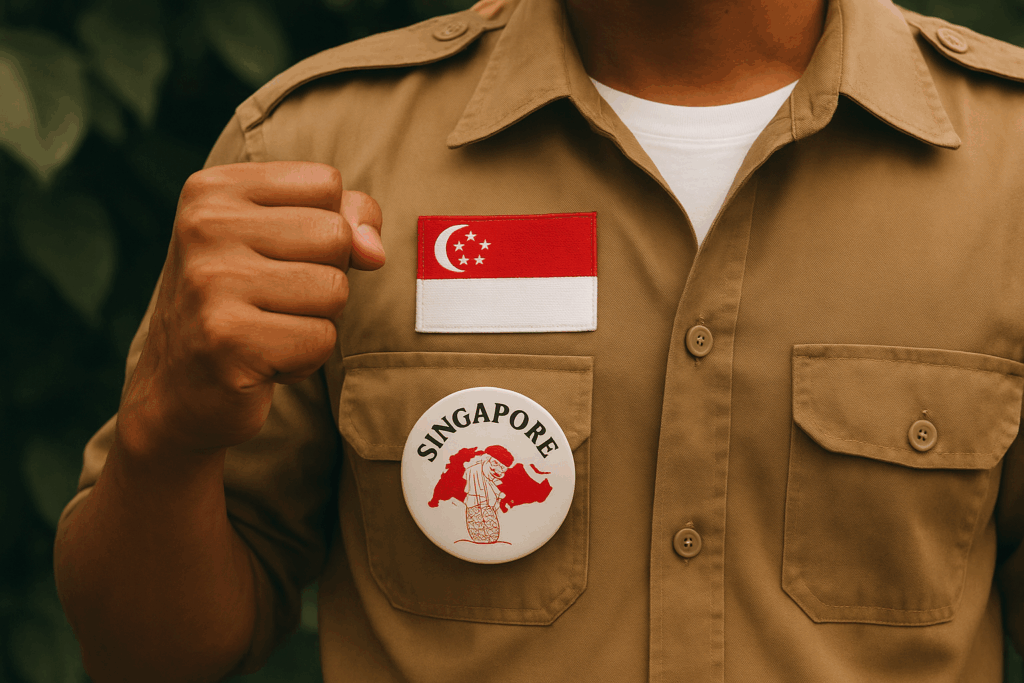Gaining Permanent Residency (PR) in Singapore is a major milestone, but it is not the end of your immigration journey. Once your PR application is approved, you enter a new phase that comes with certain rights and responsibilities. Understanding these obligations will help you maintain your status and make the most of your residency in Singapore.
This guide walks you through the key steps after PR approval, from finalising documentation to renewing your Re-Entry Permit (REP). It also explains what you need to do to stay compliant with Singapore’s immigration rules.
Collecting Your NRIC
After your PR is approved, one of the first steps is to collect your National Registration Identity Card (NRIC). This is your official proof of identity in Singapore. You will be notified by the Immigration and Checkpoints Authority (ICA) about the date and venue for collection.
To collect your NRIC, you will need to present your work pass, passport, the in-principle approval letter, and any other documents requested by ICA. It is important to keep your NRIC safe, as it is required for various daily activities such as opening bank accounts, registering for services, and verifying your identity.
Updating Your Address
As a PR, you are required to keep your residential address updated with ICA. If you move to a new home, you must report the change within 28 days. This can be done online via ICA’s e-Services. Failure to update your address may result in penalties or difficulties with official correspondence.
Updating your address ensures that you receive important communications from the government, including notifications about your REP renewal.
Understanding the Re-Entry Permit (REP)
Your PR status in Singapore is tied to a valid Re-Entry Permit. The REP allows you to leave and re-enter Singapore while retaining your PR status. Without a valid REP, your PR status will lapse if you remain outside Singapore for any length of time.
The initial REP is usually valid for five years. Renewal is not automatic, and ICA will assess factors such as your residence period in Singapore, tax contributions, and economic or social ties to the country. It is advisable to apply for renewal within three months before your current REP expires.
If you frequently travel for work or personal reasons, keeping your REP up to date is essential for maintaining your PR.
National Service Obligations
Male children who are granted PR under their parents’ sponsorship or male students who study in Singapore with at least one national examination passed, or are enrolled in the Integrated Programme (IP), are liable for National Service (NS) when they reach the appropriate age.
If your family is applying for PR, be prepared for your male children to serve in NS unless exempted under specific circumstances. Failing to comply with NS requirements can have serious consequences, including the inability to renew the REP or apply for Singapore citizenship.
Employment and Tax Responsibilities

As a PR, you are entitled to work in Singapore without the need for an employment pass or work permit. However, you must also meet your tax obligations. This means filing annual income tax returns with the Inland Revenue Authority of Singapore (IRAS) if you earn taxable income.
Paying your taxes on time is not only a legal requirement but also a factor considered during REP renewal and citizenship applications. It demonstrates your contribution to Singapore’s economy and society.
Access to Public Housing

One of the benefits of PR status is the ability to buy resale flats from the Housing and Development Board (HDB), subject to eligibility conditions. You may also apply for certain housing grants if you are buying with a Singapore Citizen spouse.
However, there are restrictions on selling or subletting your flat within a minimum occupation period. Make sure you understand these rules before committing to a property purchase.
Healthcare and CPF Contributions

As a PR, you will contribute to the Central Provident Fund (CPF), Singapore’s mandatory savings scheme for retirement, healthcare, and housing needs. Your employer will also contribute to your CPF account, helping you build financial security.
You will also be eligible for subsidies under the public healthcare system, similar to Singapore Citizens. However, the subsidies may be lower for PRs in certain cases, so it is worth checking the details before seeking medical treatment.
Renewing Your PR-Related Documents
In addition to your REP, some PR-related documents may require periodic renewal. For example, if your NRIC is damaged, lost, or needs updating, you must apply for a replacement through ICA.
Staying organised with your documentation ensures smooth access to benefits and avoids unnecessary administrative issues.
Staying Compliant and Maintaining Ties
To keep your PR status secure, it is important to maintain strong ties to Singapore. This can include living in the country for most of the year, working for a Singapore-based employer, or having immediate family members who are Singapore Citizens or PRs.
ICA evaluates these factors when considering REP renewals, so demonstrating commitment to Singapore is essential. Avoid prolonged absences from the country unless absolutely necessary.
Your Home, Your Future
Obtaining PR is a significant achievement, but maintaining it requires attention to detail and an understanding of your responsibilities. By keeping your documents current, fulfilling your obligations, and contributing to Singapore’s community, you can enjoy the many benefits that PR status offers.
If you need guidance on PR requirements or REP renewal, our team at Singapore Top Immigration is here to assist. We provide personalised advice and support to ensure you stay compliant and make the most of your residency.
Frequently Asked Questions
The first step is to collect your NRIC from ICA, using the documents listed in your approval letter.
It is usually valid for five years, but renewal depends on your ties to Singapore.
Male children granted PR under their parents’ sponsorship, or male student who study in Singapore with at least one national examination passed, or are enrolled in the Integrated Programme (IP), are liable for NS.
Yes, you can buy a resale flat if you meet HDB’s eligibility criteria.
Your ability to work or study in Singapore long-term will be significantly impacted, and you can no longer access certain benefits like CPF.

